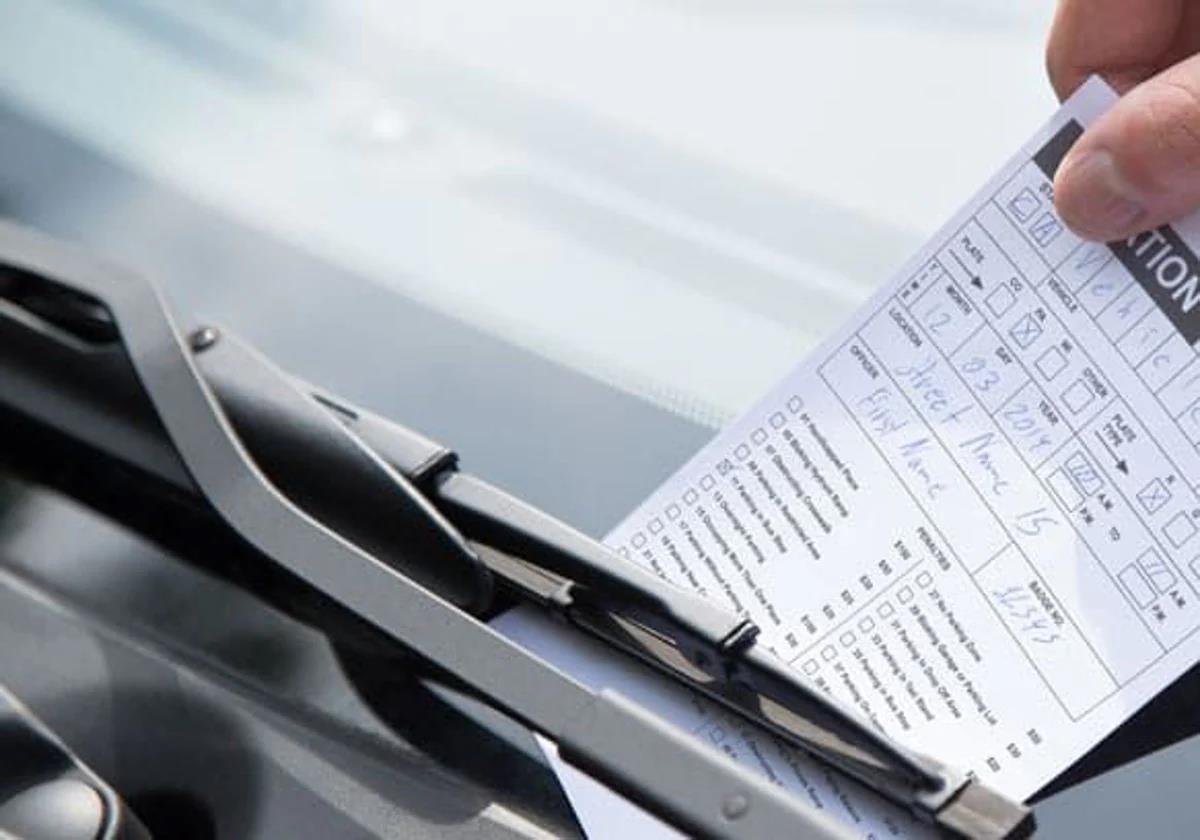This is what you should do if you find an apology note on your car windscreen in Spain
The latest scam, which has gone viral on platforms in Spain such as TikTok, begins when the driver discovers minor damage to the vehicle, usually to the wing mirror
Patxi Fernández
Madrid
Friday, 27 September 2024, 16:50
Often, the stress of getting to work on time or dropping the kids off at school means that we don't pay enough attention to regulated zones or the time allowed by parking meters. This can make things easier for scammers, who can take advantage of the opportunity to get hold of our personal details or even money through a tactic that may at first appear to us to be responsible and good-willed behaviour.
This scam, which has gone viral on platforms in Spain such as TikTok thanks to accounts such as Andrés Millán (@lawtips), begins when the driver discovers damage, usually on the wing mirror, along with an apology note on the windscreen that includes a phone number. When contacting the alleged perpetrator, the person asks to continue the conversation via WhatsApp, assuring that they will handle the incident with the insurance company. But in reality, the aim is to obtain personal information or money through fraudulent tactics.
The experts at the Parclick parking company warn that if you find a piece of paper indicating that someone has hit your car, try to verify the damage and contact your insurer directly before contacting the alleged perpetrator. The company says not to share personal information via WhatsApp: "No legitimate insurer will ask you for personal details or handle claims via instant messaging apps. If you suspect the situation is a fraud, it is best to report it to the authorities or your insurer. It's better to be safe than sorry, and the sooner you act, the lower the risk of identity theft or losing money."
The fine scam
If you find a fine notification on your vehicle's windscreen, you should carefully check all the information: the place, date, time and reason for the fine. If you detect any errors or inconsistencies, you may be able to appeal the fine. It is important to gather evidence, such as photos of the scene, witness testimonies or other documents that can support your appeal. And if you decide not to appeal, remember that many cities, such as Madrid and Barcelona, offer a 50 per cent discount for prompt payment if you pay within the first 20 calendar days.
On the other hand, if we receive a text message on our mobile phone or an email warning us of unpaid traffic fines, it means that someone is trying to scam us by using the supposed identity of the national roads authority (DGT). The agency has issued an alert about mass text messages and emails being sent to people warning them that they have not paid a fine.
The DGT never notifies traffic offences by SMS or email. They are only communicated by post or via the electronic road traffic directorate, if you are registered. That is why people are advised to delete such messages. We should never click on the link or interact with it. If you receive it by email, it is recommended that you classify it as "spam" and send it to the trash bin.
In both cases, it is recommended to notify INCIBE (Spain's national cybersecurity institute) via the website www.incibe.es/ciudadania/ayuda/reporte-de-fraude to report the fraud. INCIBE-CERT is the security incident response centre of reference for members of theh public and private law entities in Spain and provides a mailbox on the above website to report cybersecurity incidents along with a contact form.
